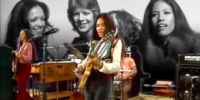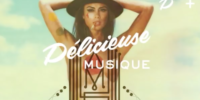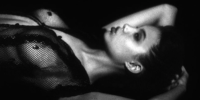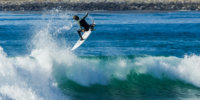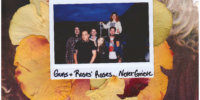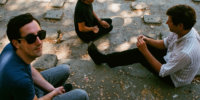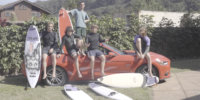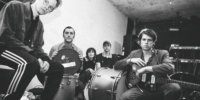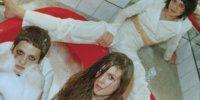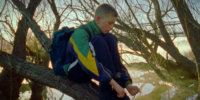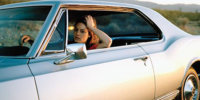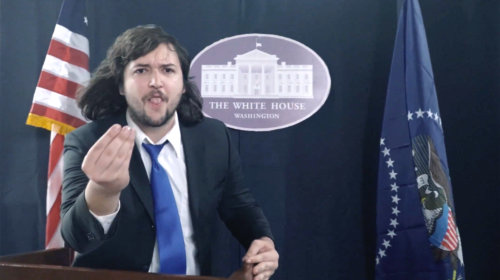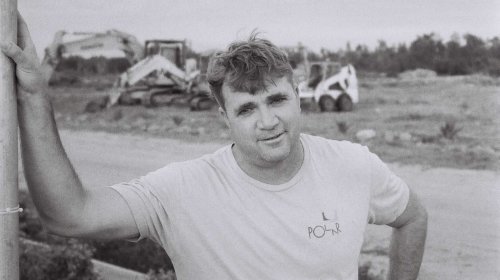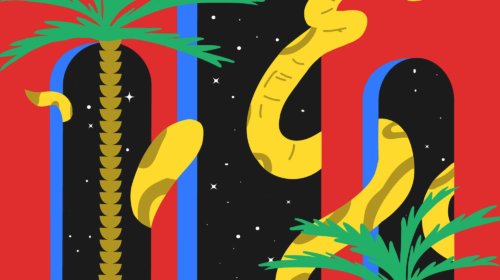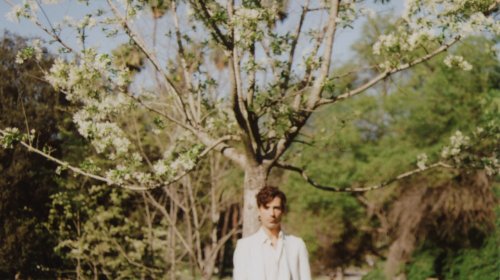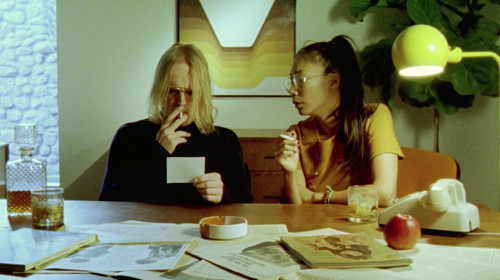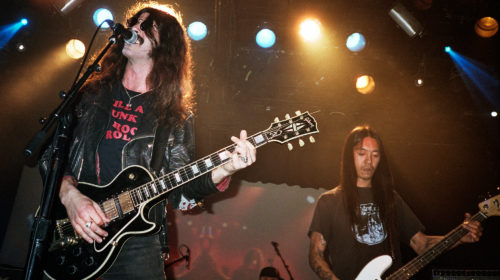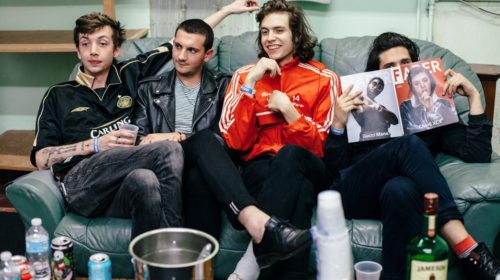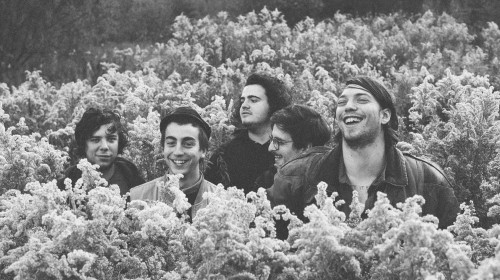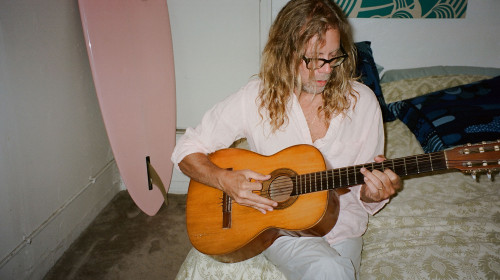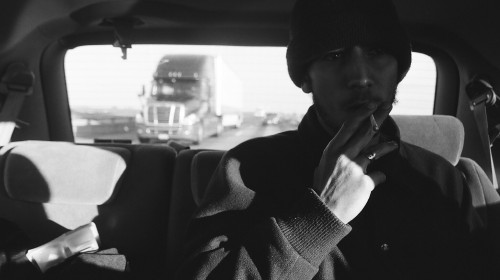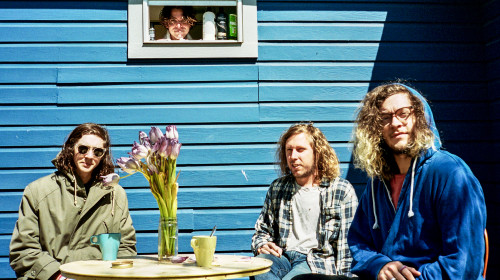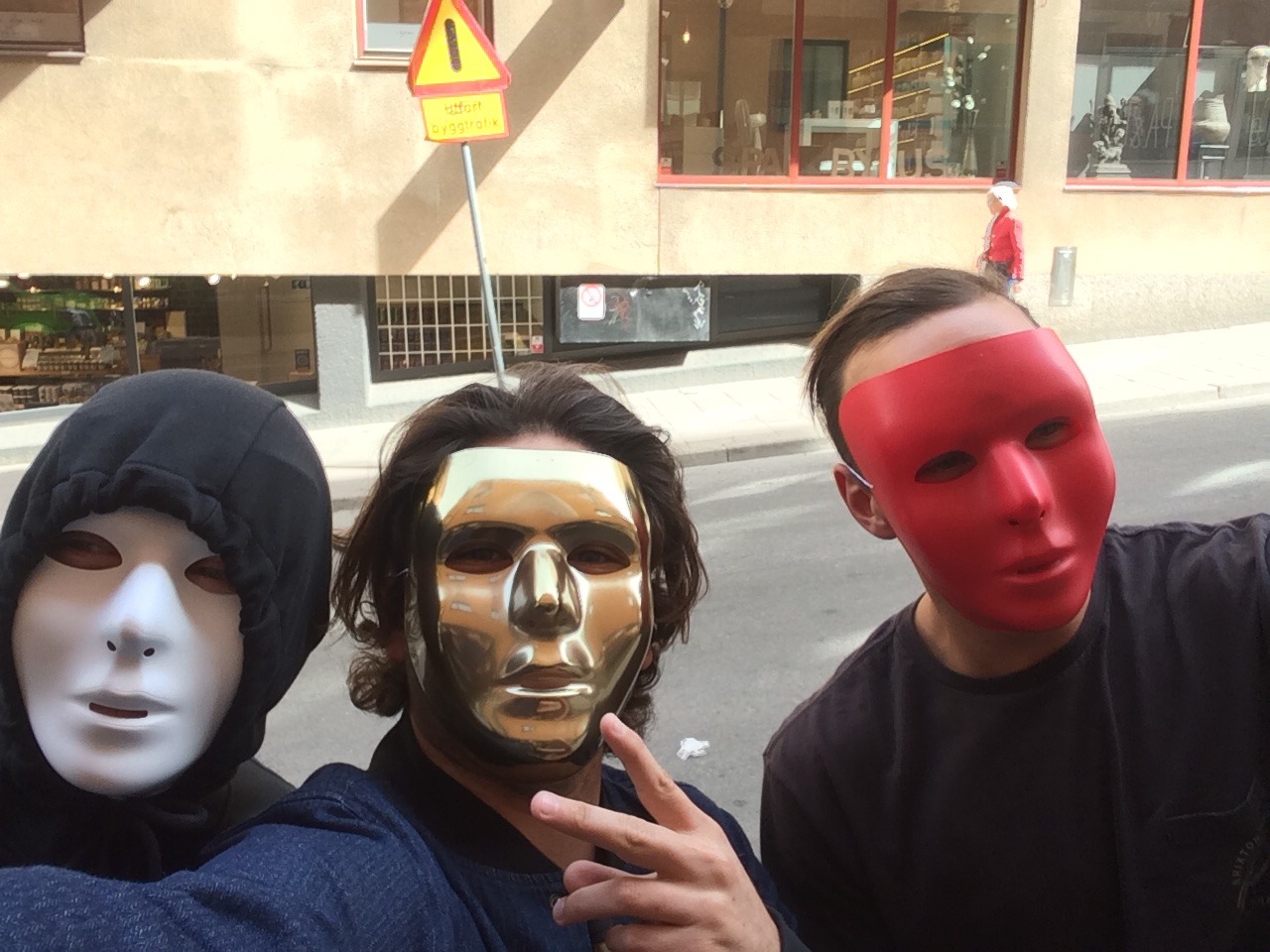Houston born Anthony Obiawunaotu aka Fat Tony is well fed but not fat. He’s a genuine human on and off the stage, a punk at heart with Houston hip hop running through his veins. He’s not afraid to smile in a very serious ego driven Hip Hop world. Everything’s bigger in Texas especially Fat Tony’s passion for living his dream as an entertainer; the word performer doesn’t do him justice. Making the move to Los Angeles this year he’s trading late night trips to Whataburger for In-N-Out. There’s a lot you should know about Fat Tony, realness oozes out of this man. We were both born with the name Anthony, but nobody got time for that… –Tony Accosta
Fat Tony plays the Constellation Room in Santa Ana tonight. For tickets and info, go here
WHAT YOUTH: What’s your first memory of music?
FAT TONY: My first memory is digging through my family’s massive record collection. My house was full of vinyl from my dad, my mom, and my mom’s parents. My dad was really into country music and some reggae. My mom mostly had records of opera and classical music, but let me know she was a fan of bands like Devo, David Bowie, Lou Reed, and more. My grandmother loved gospel and country music too. I was born in ‘88 so my first musical attachment was to Michael Jackson’s music. We have the extended version of the Thriller music video on VHS and I wore the tape out. I’d often ask my mom to play her Bad and Off The Wall cassettes anytime we were in a car. I danced around my family’s den wishing the broomstick was a microphone. My first instrument was a drum set. I thrashed it around because I saw Nirvana doing the same on MTV. I guess I was easily influenced.
Were you in bands/making music previous to the Fat Tony project?
I made up punk songs with friends when I was 15 but mostly just covered . We called ourselves Donatello and I played bass. Our only show was at a friend’s little sister’s birthday pool party. One of my bandmate’s showed me Xanax for the first time there. I was a straight edge guy and really surprised to see my friend doing more than weed.
I was in a couple rap groups too. The most serious one was The Low Ends. We were two rappers, a producer, and a DJ. We actually gigged around town and got to open up for the Boot Camp Click at the old Walter’s on Washington Ave. No one showed up for what would be our last show in 2007 and I decided to turn FatTony into a solo act. I think I was a bit more serious about the whole thing than my friends. Music was life and I wanted it to be my livelihood. Here’s a video of us performing:
When did you start going by Fat Tony? Who was involved during its formation?
I wrote the name on a styrofoam cup during a class pizza party in 8th grade and the name stuck. It didn’t really catch on until I started performing under the name. As a kid, I was really into The Simpsons and that’s probably where I first heard of the name “Fat Tony.”

Nigeria has had a huge role in the development of various genres of music, Fela Kuti, Sade, Chamillionaire, Wale, Tyler The Creator and I know I’m missing some other very important people all have roots in Nigeria. How has being a Nigerian American been influential to your life/music career?
Being Nigerian-American reminds me that blackness runs deeper than slavery and 20th century American injustice. Black people in the U.S. are only taught about the painful parts of our history, and often not even the full story of the atrocities we’ve endured and discrimination we face from the beginning to today, and most likely tomorrow. For many black Americans their African ancestry is a mystery. My mother is a black American and is always curious about her history, attempting to discover more through online ancestry reports and conversations with relatives. I’m fortunate to be able to trace my African ancestry directly on my father’s side. I discovered Fela Kuti in my late teens and couldn’t believe such a radical Nigerian existed! My dad is pretty conservative, offering little acknowledgement to artists and liberal politics. I simply assumed his attitudes were commonplace in Nigeria, leaving little room for what I considered progressive or even an appreciation of the arts.
How did growing up in Houston influence your music?
Houston is one of the most important musical cities of all-time, especially when it comes to Hip Hop. Our culture and music has influenced the world from DJ Screw’s often imitated style to our slang and drug use. I like to shy away from discussing lean, syrup, drank, etc. when it comes to Houston rap music. Substance abuse isn’t as fun as some portray it to be and I think it’s insulting to limit Houston’s influence to just a double cup. We’re so much more than that. Screw’s curation kept a steady stream of interesting talent bubbling to the top from the members of his group Screwed Up Click, to his decision to feature non-Texans like C-Bo, E-40, Mac Mall, B.G., Big Tymers, A Tribe Called Quest and more on his mixtapes.
He even chopped and screwed artists outside of Hip-Hop. On the “Man Pooh 2000” mixtape Screw remixes “It’s Gonna Get Better” by Genesis and it’s truly heart wrenching. The mixtape’s host laments losing his mother and friends throughout the song. I swear he’s crying as he speaks over the song’s outro. Screw’s remix of this Genesis song breaks my heart and gives me hope at the same time. Sorrow has a funny way of inspiring me. I discovered this song on tour earlier this year when my mood was low and I’ve felt recharged ever since. I’ll be listening to this mix for the rest of my life.
Houston’s musical history taught me to let my personality and preferences shine, no matter how odd they might be to some.
Your third solo album Macgregor Park just came out. What have you been up to over the last four years that separates Macgregor Park from your last release Smart Ass Black Boy?
I’ve released music since Smart Ass Black Boy, an EP produced by P. Morris entitled “Look” and the first release of Charge It To The Game, my group with producer Kyle Mabson, but I wasn’t ready to release an album yet. An album is the biggest statement a musician can make and I wanted mine to be right. I lived my mid 20’s between now and my last album release.
You just went on tour with The Garden, how was the crowd response, assuming most fans were there for a punk show.
The crowds were young! The bar was empty almost every night and half the audience brought chaperones. Some Garden fans didn’t know what to expect from me but the energy reeled them in and I made sure to DJ some choice cuts for teenagers at certain shows. Watching kids crowd surf to The Cure’s “Boys Don’t Cry” while I threw water and swung a mic was a real thrill.
In the past 10 years the mosh pit at rap shows has become a staple, how has punk music influenced your attitude and energy while on stage?
Punk influences my attitude about being a musician and surviving the business, in general. Punk reminds me not to take every aspect of this whole thing so seriously except for my expression. My face on a website is a necessary tool but not why I got into this in the first place. Punk lets me never forget that. On stage my energy can be high or low, depending on my mood. Punk taught me to be myself especially as an artist, so in that sense punk music not only influenced my attitude on stage but built it from the ground up.

What are you listening to right now?
I really love the album Quelle Chris released this year, Being You Is Great I Wish I Could Be You More Often. I think it’s the best album released this year. Milo’s latest album who told you to think??!!?!?!?! is awesome too.
You spent a few weeks on the North Shore this winter, how was that experience working as an entertainer for the surf industry not being a surfer?
It was fine. I’ve never encountered surfing until then. Hawaii is beautiful and being there for two weeks was a blessing. The natural beauty of Oahu is what I enjoyed most, the surfing was secondary. It was a privilege to work such a prestigious contest and everyone I encountered was chill. Balaram from Volcom’s team and his buddy Thor were especially on the level. Big fan of those dudes.
Skateboarding is such an integrated industry, why do you think there’s so few black people in the surf industry?
Too few black Americans have access to decent surf. You’ve got to work with the environment you’re given so skateboarding makes much more sense for most folks in this country, far as action sports go. I bet you there are some amazing black surfers if other parts of the world, and I hope the surfing industry gets to interact with those talents sooner than later.



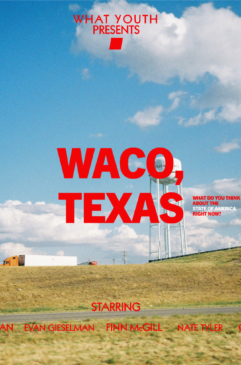
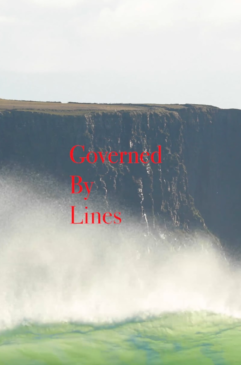
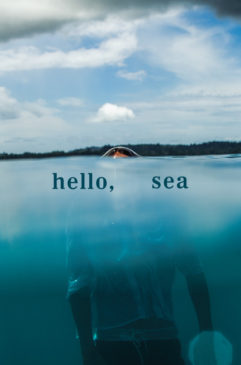
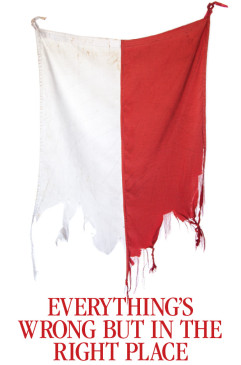
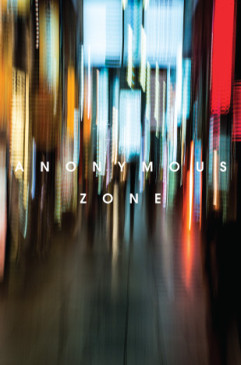
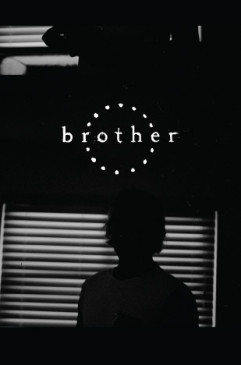
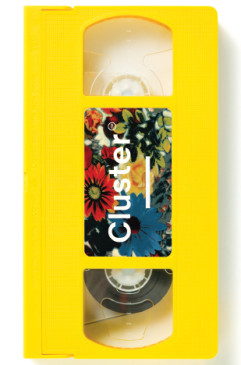
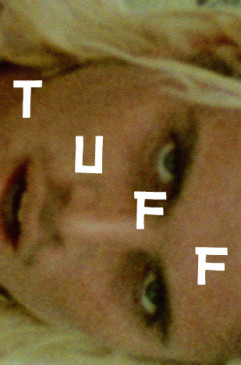
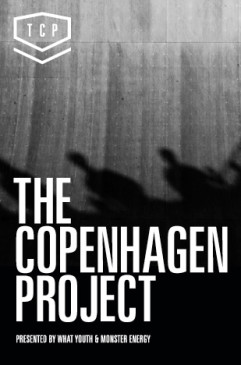
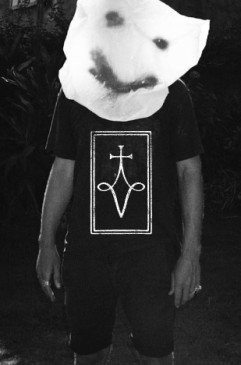
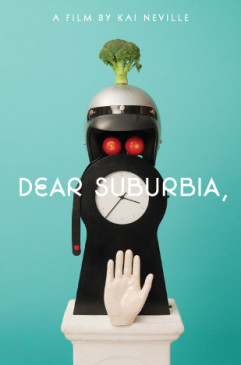
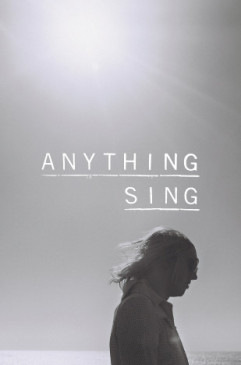


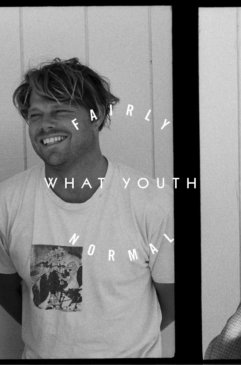
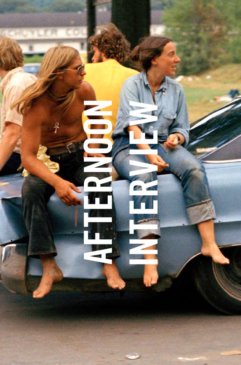
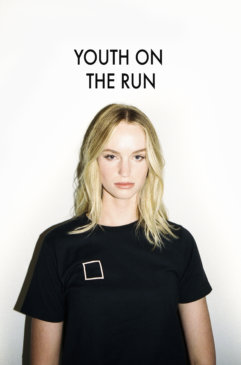
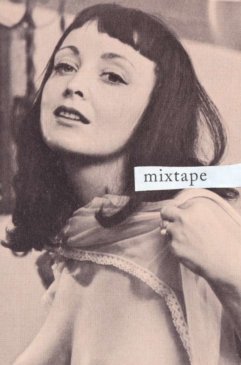
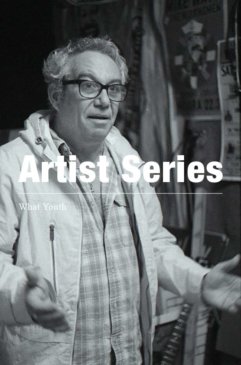
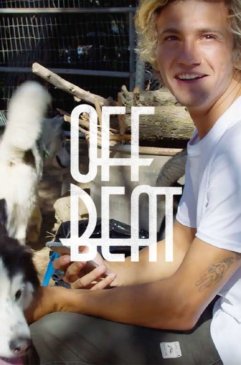
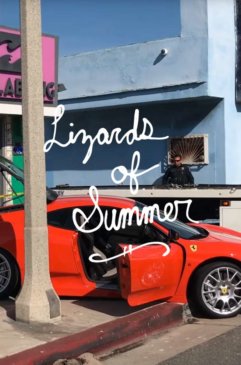
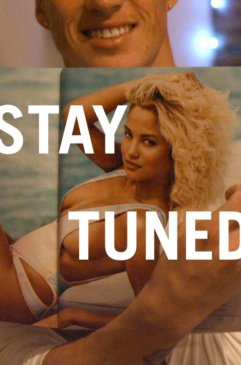
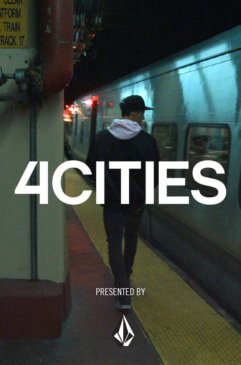
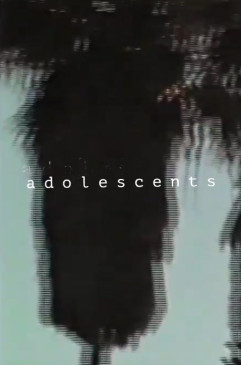
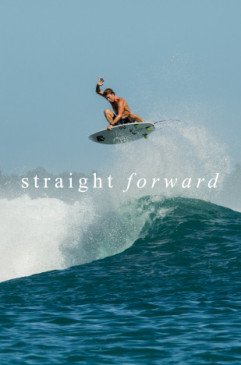
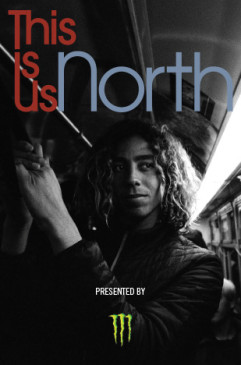
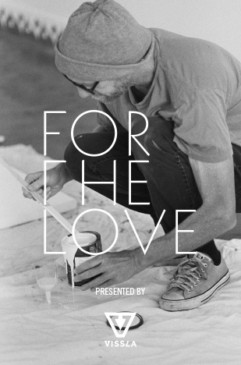
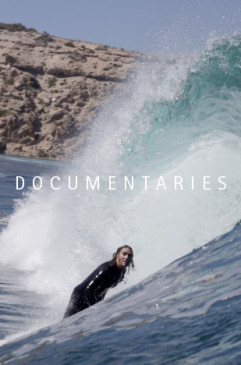
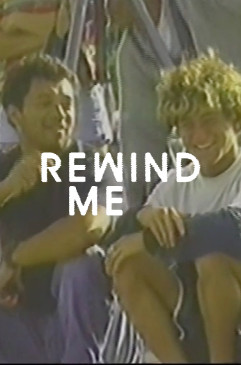
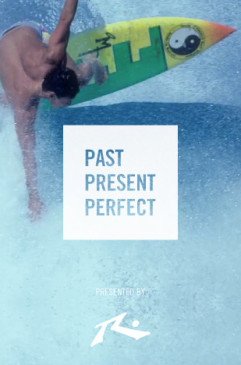
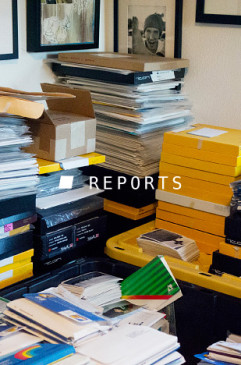
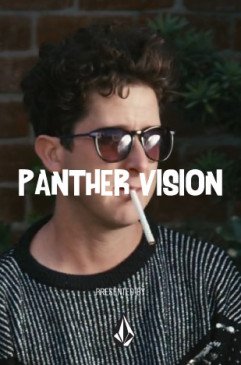
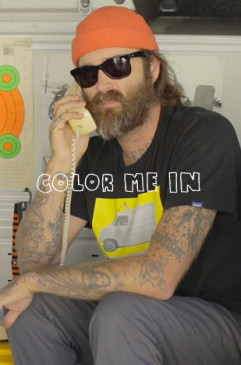
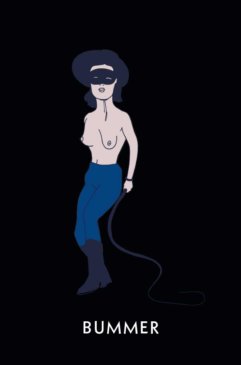
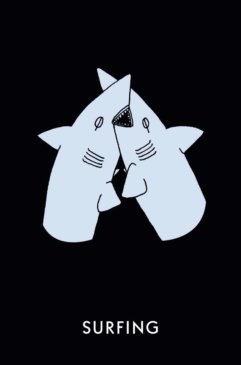
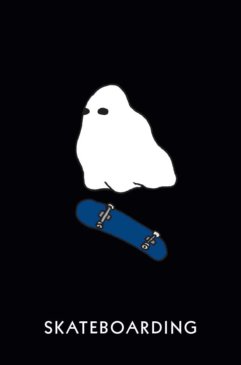
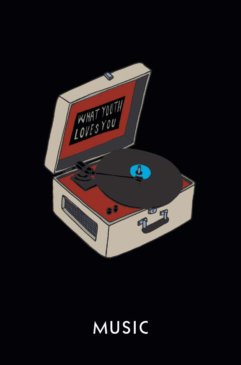
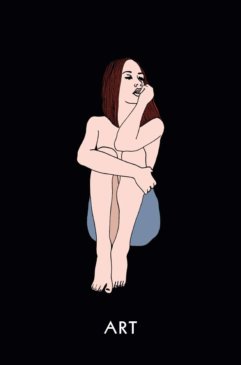
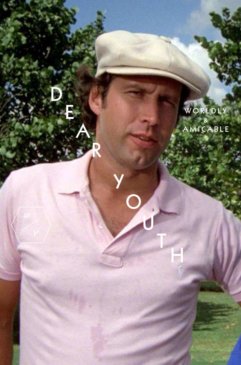
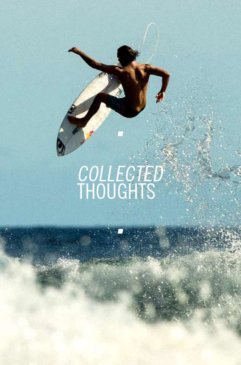


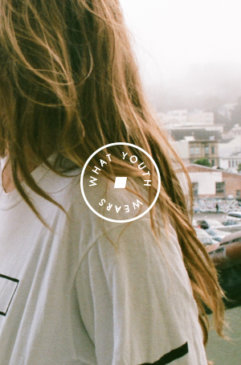

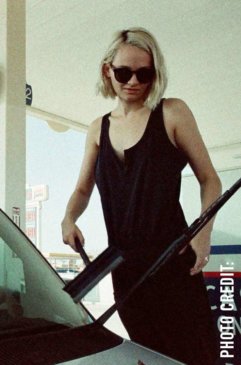


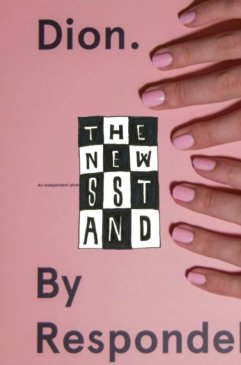
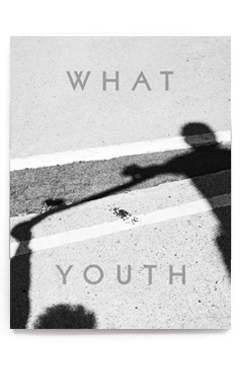
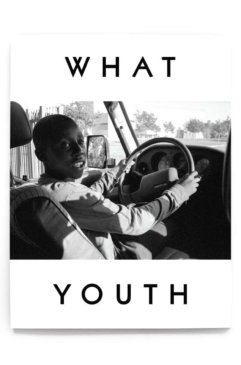
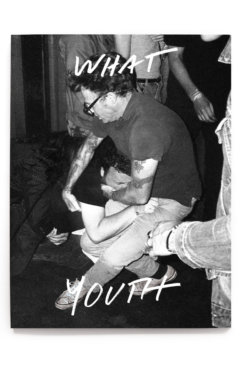
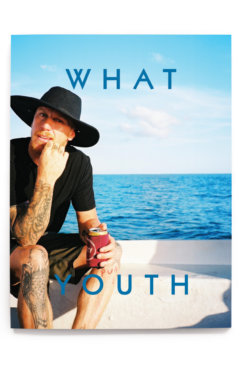
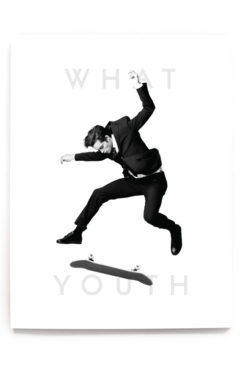
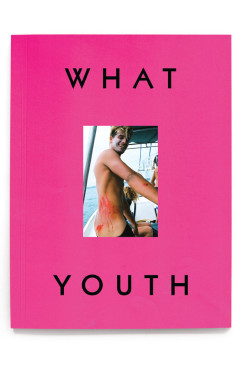
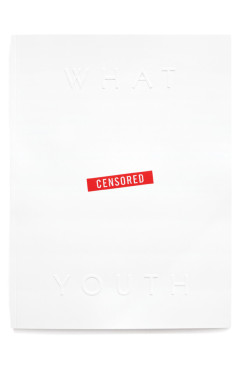
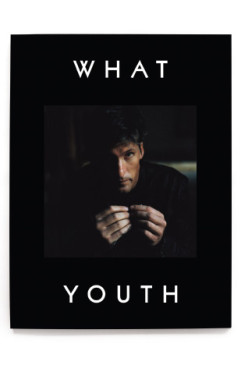
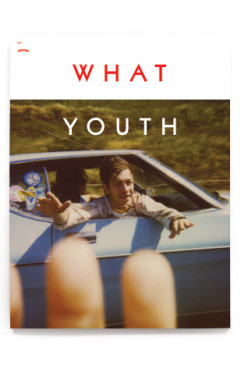
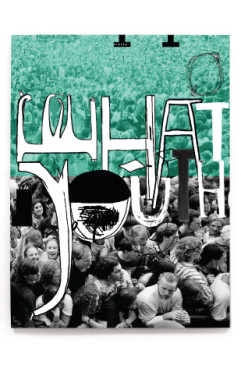
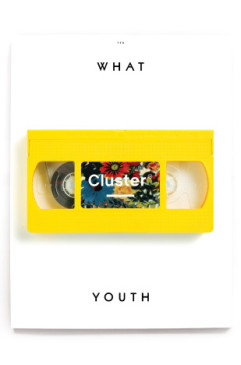
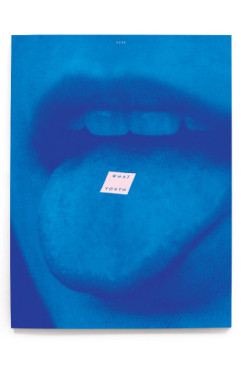
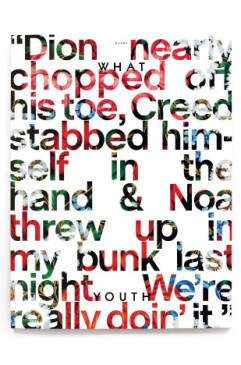
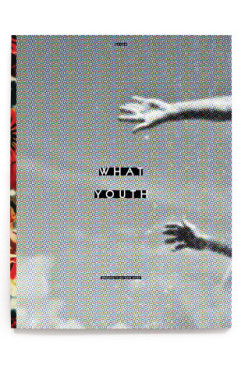
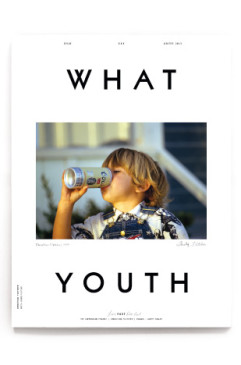
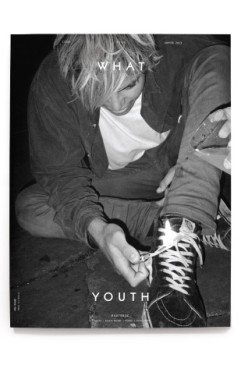
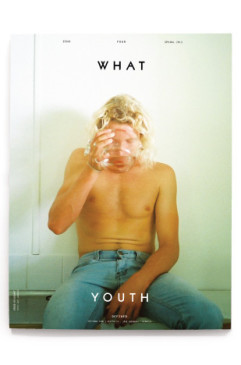
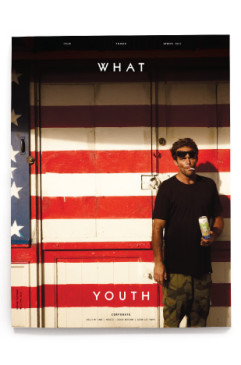
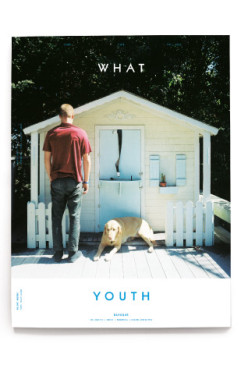
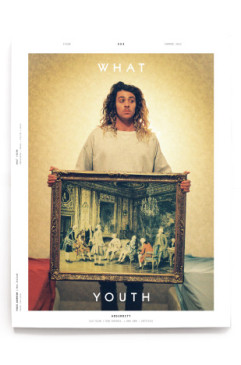
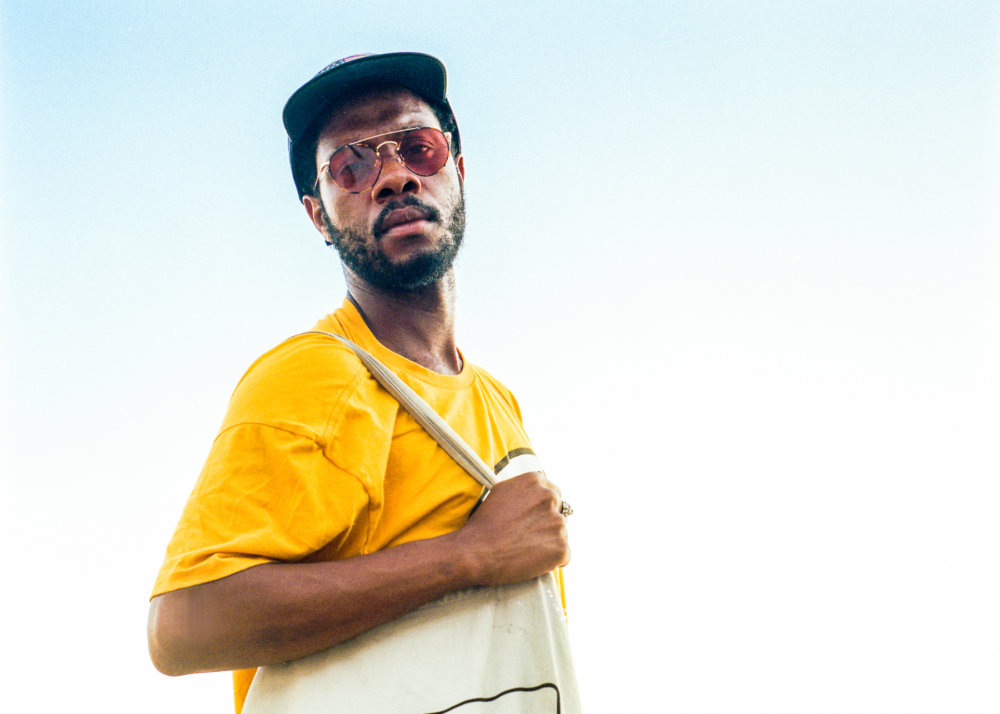
 NXT
NXT 


